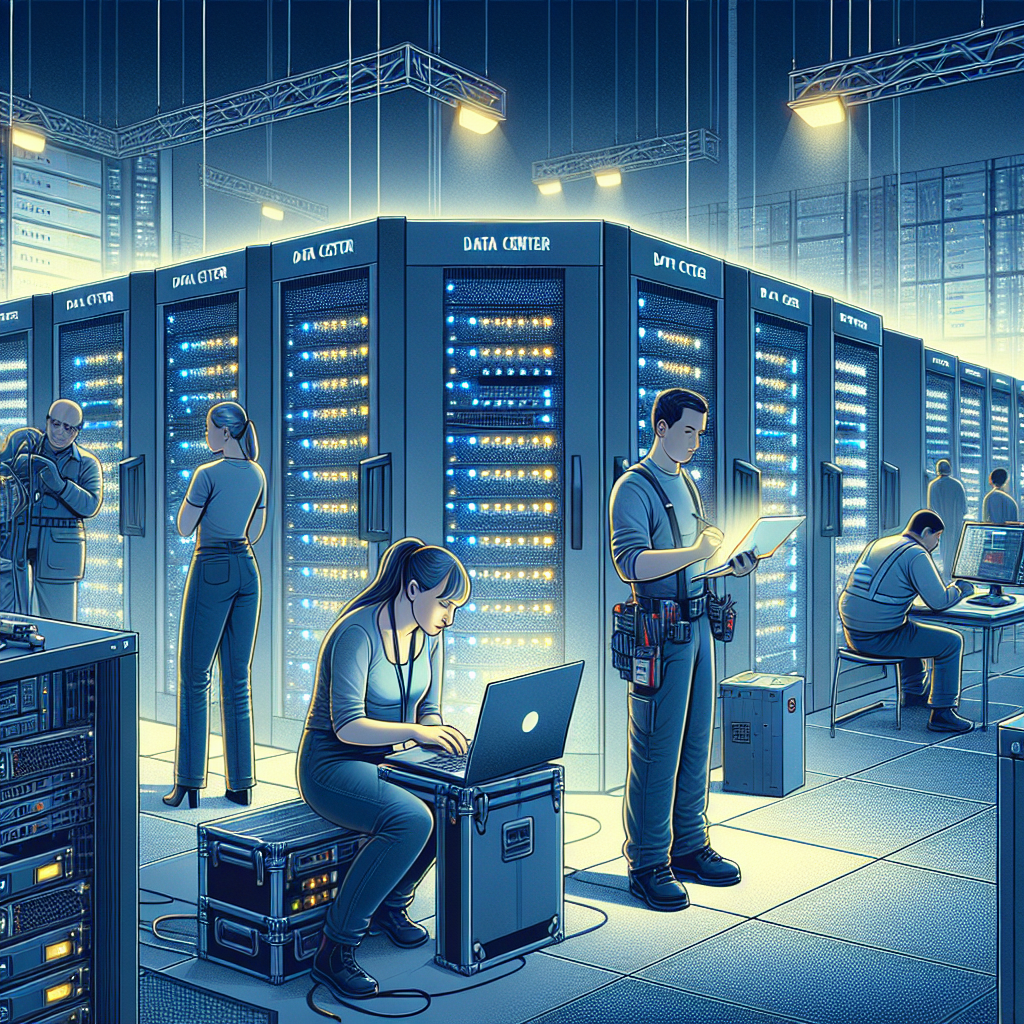In today’s digital age, data centers play a crucial role in storing and processing vast amounts of information for businesses and organizations. With the increasing reliance on data centers, ensuring their resilience and mitigating risks has become a top priority for IT professionals.
Data center resilience refers to the ability of a data center to continue operating smoothly and securely in the face of various threats, such as natural disasters, cyber-attacks, power outages, and equipment failures. A resilient data center is one that can withstand these challenges and maintain the availability, integrity, and confidentiality of data.
Mitigating risks in data centers involves implementing a comprehensive strategy that includes both preventive measures and contingency plans. Here are some key factors to consider when building a resilient data center:
1. Redundancy: Redundancy is a critical aspect of data center resilience. This involves having backup systems and components in place to ensure continuous operation in case of a failure. Redundancy can be applied to power supplies, networking equipment, cooling systems, and data storage to minimize the impact of potential disruptions.
2. Disaster Recovery Planning: Developing a robust disaster recovery plan is essential for mitigating risks in data centers. This plan should outline procedures for recovering data and restoring operations in the event of a disaster. Regular testing and updates of the disaster recovery plan are necessary to ensure its effectiveness.
3. Physical Security: Data centers house valuable and sensitive information, making them prime targets for physical security threats. Implementing strict access controls, surveillance systems, and security protocols can help prevent unauthorized access and potential breaches.
4. Cybersecurity Measures: Data centers are also vulnerable to cyber-attacks, which can lead to data breaches and service disruptions. Implementing strong cybersecurity measures, such as firewalls, encryption, and intrusion detection systems, can help protect data from malicious threats.
5. Monitoring and Maintenance: Regular monitoring and maintenance of data center infrastructure are essential for identifying and addressing potential risks before they escalate. Monitoring systems can help detect equipment failures, power fluctuations, and other issues that could impact data center operations.
In conclusion, data center resilience is crucial for ensuring the continuous operation and security of critical data and services. By implementing a comprehensive strategy that includes redundancy, disaster recovery planning, physical security, cybersecurity measures, and regular monitoring and maintenance, organizations can mitigate risks and enhance the resilience of their data centers. Investing in data center resilience is not only a prudent business decision but also a critical step in safeguarding sensitive information and maintaining business continuity in the face of unforeseen challenges.

Leave a Reply
You must be logged in to post a comment.